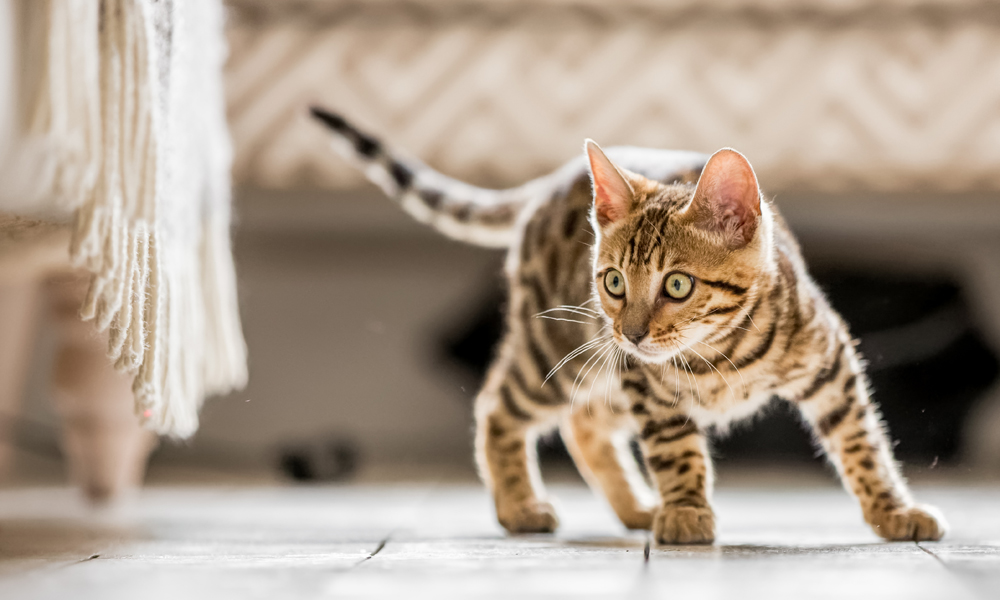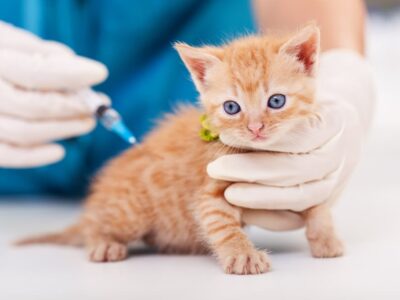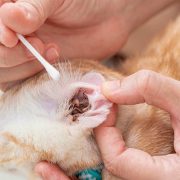As cat owners, we often wonder what goes on in the minds of our feline friends. A cat’s behavior can be mysterious and confusing at times, which is why it’s important to understand their psychology. By gaining insight into the way cats think and behave, we can better care for and communicate with them.
The Evolution of Cats
Cats are descendants of wild felines, and their behavior is deeply rooted in their evolutionary history. In the wild, cats are solitary hunters who rely on their keen senses to track and catch prey. This instinctual behavior is still present in our domesticated cats, who may display stalking and hunting behaviors even when well-fed.
Cat Communication
Cats communicate in a variety of ways, from vocalizations such as meows and purrs to body language. Understanding these cues can help you better communicate with your cat and meet their needs. For example, a cat’s tail position can indicate their mood – a tail held high indicates confidence and contentment, while a tucked tail may indicate fear or anxiety.
Cat Behavior and Emotions

Cats are complex creatures with a range of emotions. They can experience happiness, fear, anxiety, and even jealousy. Understanding your cat’s behavior can help you identify signs of stress or discomfort and take steps to address them. For example, if your cat is hiding or avoiding interaction, they may be feeling anxious or overwhelmed.
Cat Enrichment
Cats are curious creatures who thrive on stimulation and enrichment. Providing your cat with toys, scratching posts, and other forms of enrichment can help prevent boredom and destructive behavior. Additionally, spending quality time with your cat through play and grooming can strengthen your bond and improve their overall well-being.
Cat Health and Wellness

Understanding your cat’s psychology is also important for their health and wellness. Stress and anxiety can have a negative impact on a cat’s physical and mental health. Regular vet visits, proper nutrition, and a comfortable living environment can all contribute to your cat’s overall well-being.
- Regular vet visits can help identify and address any health issues before they become serious.
- Provide your cat with a balanced diet that meets their nutritional needs.
- Ensure your cat has a comfortable living environment with plenty of space to play, rest, and explore.
Understanding cat psychology can help us better care for our feline friends and improve their overall well-being. By recognizing their communication cues, providing enrichment, and maintaining their health, we can strengthen our bond with our cats and enjoy a happy, healthy life together.













Comments